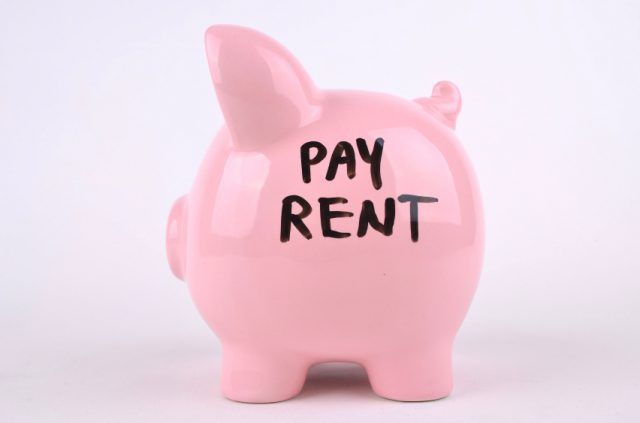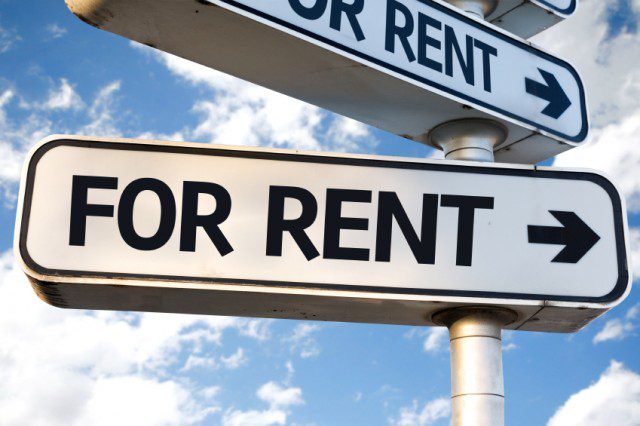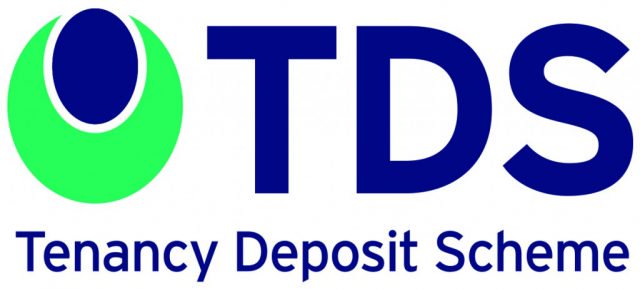Chancellor Hammond to put housing before deficit reduction
New Chancellor Philip Hammond has pledged to spend on new homes during his term in office, going against predecessor George Osborne’s desire to balance the books.
Speaking to the BBC, Mr Hammond said that the Brexit vote had caused major uncertainty and that a pragmatic approach was needed in order to support housing growth.
‘Eye-watering’
Hammond went on to say that the deficit is still, ‘eye-wateringly large’ and would need to be addressed soon.
During his speech at the Conservative Party Conference later, Mr Hammond is to state that Osborne’s deficit reduction policies, ‘were the right ones for that time.’ However, he will then say that, ‘when times change, we must change with them.’
He believes that the Government will, ‘restore fiscal discipline in a pragmatic way that reflects the new circumstances we face.’[1]
Further details are slated to be provided in November’s Autumn Statement.

Chancellor Hammond to put housing before deficit reduction
Building
Part of a new plan for Britain following Brexit, there is likely to be a greater scope for investment to boost the economy. This is to include extra borrowing of £2bn to hurry the construction of new properties.
‘As we go into a period where inevitably there will be more uncertainty in the economy, we need the space to be able to support the economy through that period,’ Hammond noted. ‘If we don’t do something, if we don’t intervene to counteract that effect, in time it would have an impact on jobs and growth.’[1]
At today’s conference, Mr Hammond, alongside Communities Secretary Sajid Javid, will set out new procedures to try and build 40,000 new homes by 2020.
Borrowing
The Government is set to borrow £2bn in order to support the ‘Accelerated Construction’ scheme. This is set to get houses built on publicly-owned brownfield land, for quick development.
In addition, there is set to be a £3bn Home Building Fund, in order to provide loans to stimulate projects. This, according to the Government, will assit in building 25,000 homes by 2020, with a long-term target of over 200,000.
[1] http://www.bbc.co.uk/news/uk-politics-37536943




